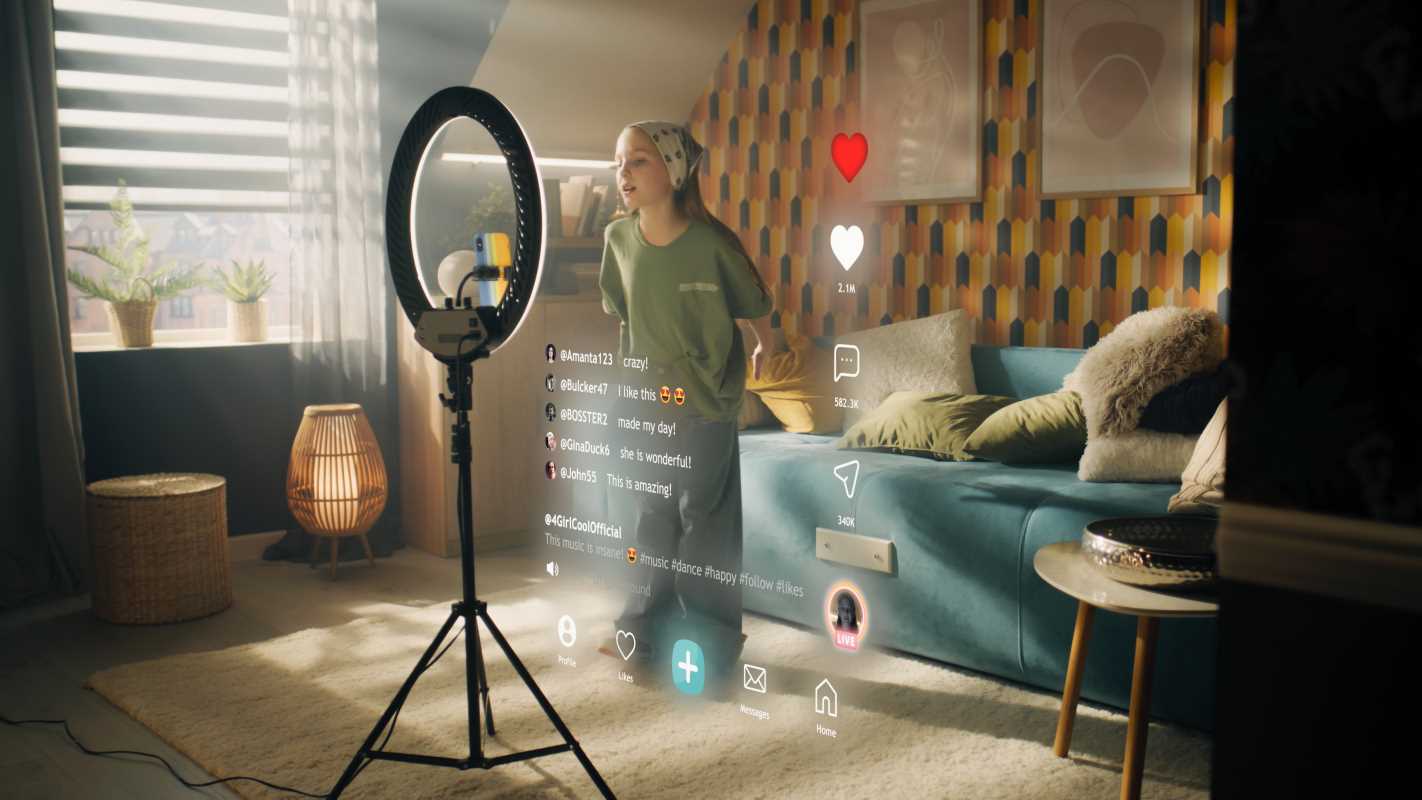Okay, let's talk about something that's been bugging me for a while. Remember when celebrities were it? Movie stars, musicians, the glamorous elite—they were the ones who set trends, ruled Hollywood, and defined what it meant to be famous. Now, it seems like every other person online is calling themselves an “influencer,” and suddenly, they’re the ones getting all the attention (and the brand deals!).
As a millennial who grew up worshipping at the altar of traditional celebrity culture, I have opinions about this shift. I miss the days of red carpets, blockbuster premieres, and flipping through magazines to see what the stars were wearing. But even I have to admit: influencers are changing the game, and we need to understand why.
So, what’s behind this takeover? It’s a mix of factors, really.
1. The Girl (or Guy) Next Door
Let’s be real—celebrities often seem untouchable. They live in gated mansions, attend exclusive parties, and have an entire team managing their image. Their world is so far removed from ours that it’s hard to relate.
Influencers, on the other hand, cultivate a “girl next door” or “guy down the street” vibe. They film in their bedrooms, overshare about their bad days, and let us see their unfiltered selves (or at least, what seems unfiltered). They use the same drugstore skincare products, eat at the same fast-food places, and rant about the same everyday struggles. This makes them feel accessible in a way that celebrities rarely do.
Even when they start making serious money, most influencers keep up the illusion of being “just like us.” And that’s powerful.
2. The Illusion of Friendship
Here’s where things get psychological. Because influencers share so much of their personal lives, they create what’s called parasocial relationships with their followers.
A parasocial relationship is a one-sided connection where you feel like you know someone, even though they have no idea you exist. You’ve watched them get married, seen their home tours, met their pets. You know their morning coffee order, their favorite skincare brand, their relationship drama. Even though they’re a stranger, it feels like they’re a friend.
Traditional celebrities? Not so much. You might love an actor, but you only see them in roles or staged interviews. That emotional connection just isn’t there in the same way. And in today’s media landscape, connection is everything.
3. Finding Your Tribe
Influencers often build their following around specific interests—beauty, gaming, fitness, cooking, fashion, finance, even oddly specific hobbies like competitive yo-yoing. This allows them to create tight-knit communities of highly engaged followers.
Celebrities, on the other hand, appeal to broad audiences. That’s great for mass appeal, but it makes their connection with fans feel less personal. Meanwhile, an influencer who talks about your interests? That’s someone you’re going to watch every day.
4. Direct Engagement
Influencers aren’t just talking at their followers—they’re talking with them. They respond to comments, host Q&As, and create interactive content where followers can directly participate. This two-way communication makes people feel heard and valued.
Traditional celebrities, especially in the pre-social media era, didn’t have that kind of direct engagement. You saw them in movies, on TV, or in magazines—but you had no way to interact with them. Even today, most A-listers use social media primarily for promotion, not conversation.
Influencers, on the other hand, are always in the mix. And that makes them feel real.
5. The Power of Authenticity (or the Illusion of It)
While some influencers are clearly in it for the money (cough, every influencer launching a skincare brand), many genuinely care about their niche and their audience. They build trust by being transparent about their sponsorships and by sharing their honest opinions—or at least, what feels honest.
This perceived authenticity resonates with followers who are tired of traditional advertising. Unlike an actor reading from a script, an influencer’s recommendations feel like advice from a trusted friend. Even if they’re being paid, people believe them. And that belief is what keeps brands paying them millions.
6. Streaming Changed the Game
Remember when going to the movies was an event? You’d stand in line, grab popcorn, and watch a blockbuster starring your favorite actors on the big screen. Now? Thanks to streaming, most people are watching new releases from their couch.
That shift has hurt traditional celebrity culture. There are fewer big premieres, fewer in-person fan encounters, and fewer moments where celebrities feel larger than life.
Meanwhile, influencers are always on our screens—YouTube, TikTok, Instagram, Twitch, you name it. They’re posting new content daily, while Hollywood stars are lucky if they have one major movie a year. And when you’re competing for attention in an endless scroll, constant content wins.
7. The New Town Square
Social media has become the primary way we connect with celebrities and influencers. But the difference is stark.
- Celebrities use social media as a PR tool—posting promotional content, red carpet looks, or pre-approved behind-the-scenes moments.
- Influencers use social media as a community—posting casual updates, responding to fans, and actually engaging.
It’s no surprise that people feel closer to influencers than to Hollywood A-listers. Influencers show up, while celebrities promote from a distance.
8. Influencers Make Money Differently (and More Often)
A lot of people over 30 don’t quite understand how influencers make money. Unlike actors or musicians, they don’t rely on movie deals, album sales, or brand endorsements alone. Instead, they have multiple income streams:
- Sponsorships and brand deals (companies pay them to promote products)
- YouTube and TikTok ad revenue (more views = more money)
- Affiliate marketing (they earn a commission when you buy through their links)
- Merchandise and product lines (selling their own makeup, clothes, courses, etc.)
- Paid subscriptions and Patreon (fans pay for exclusive content)
This gives influencers financial independence that most actors don’t have. A struggling actor has to wait for their next big role. An influencer? They can drop a new product line tomorrow and cash in instantly.
Look, I’m not saying celebrities are going to disappear. They’ll always have a certain level of fame and influence. But it’s undeniable that influencers have become a major force in pop culture and marketing.
They’ve tapped into something traditional celebrities never quite mastered: genuine connection. They’ve built communities, fostered relationships, and created a sense of belonging. And in a world that can feel increasingly isolating, that’s incredibly valuable.
As much as I miss the old days of movie premieres and magazine covers, I have to acknowledge that the media landscape is evolving. Influencers are the product of that evolution, and whether we like it or not, they’re here to stay.
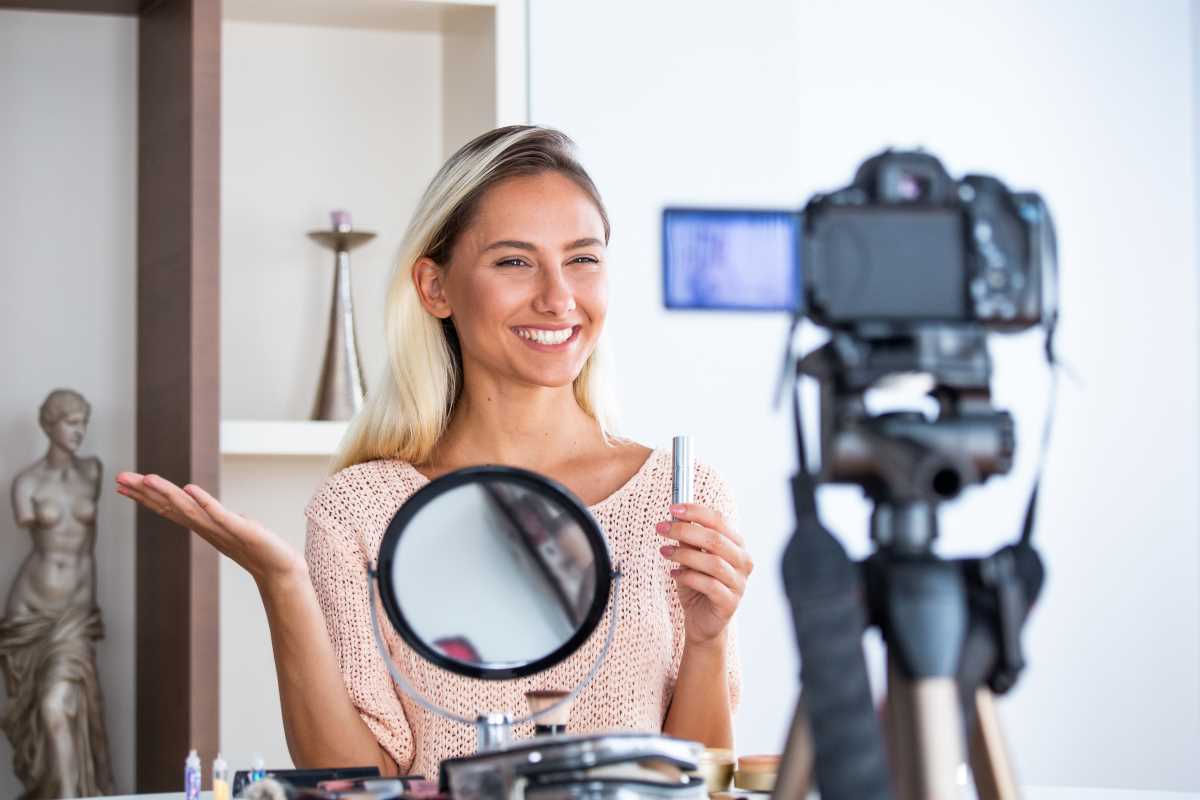
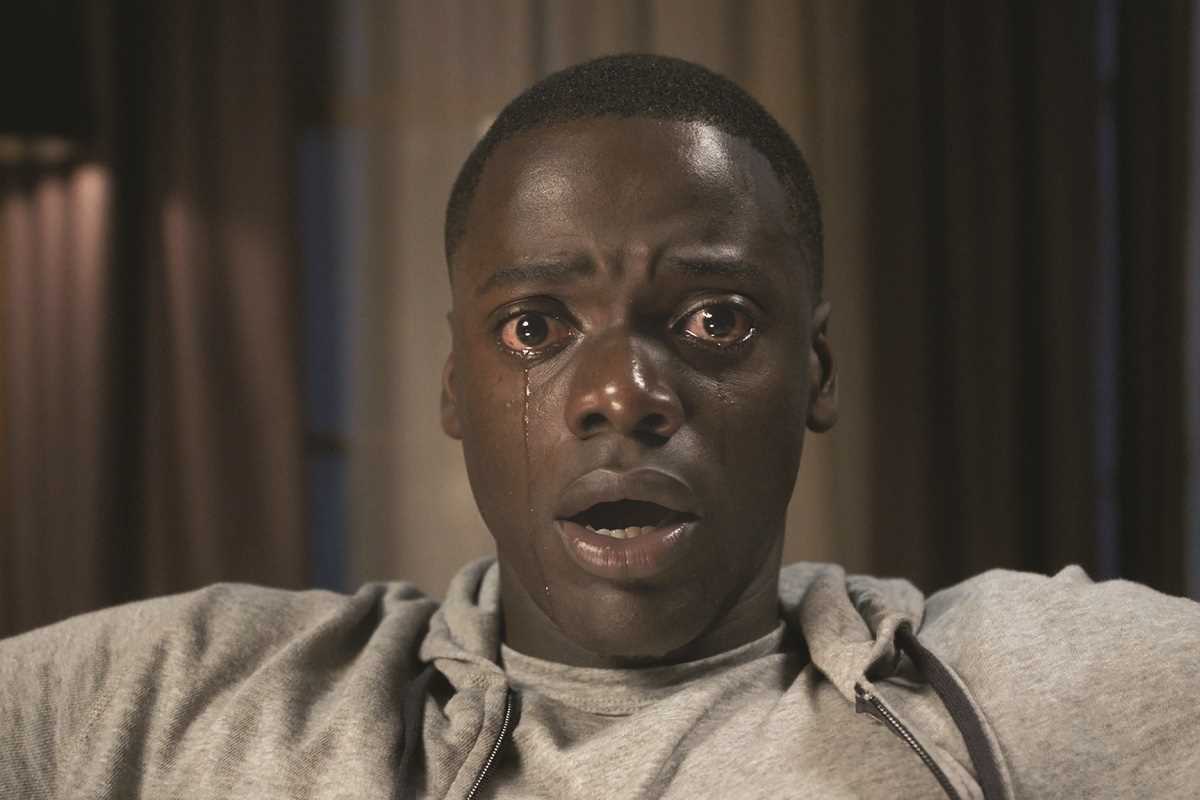
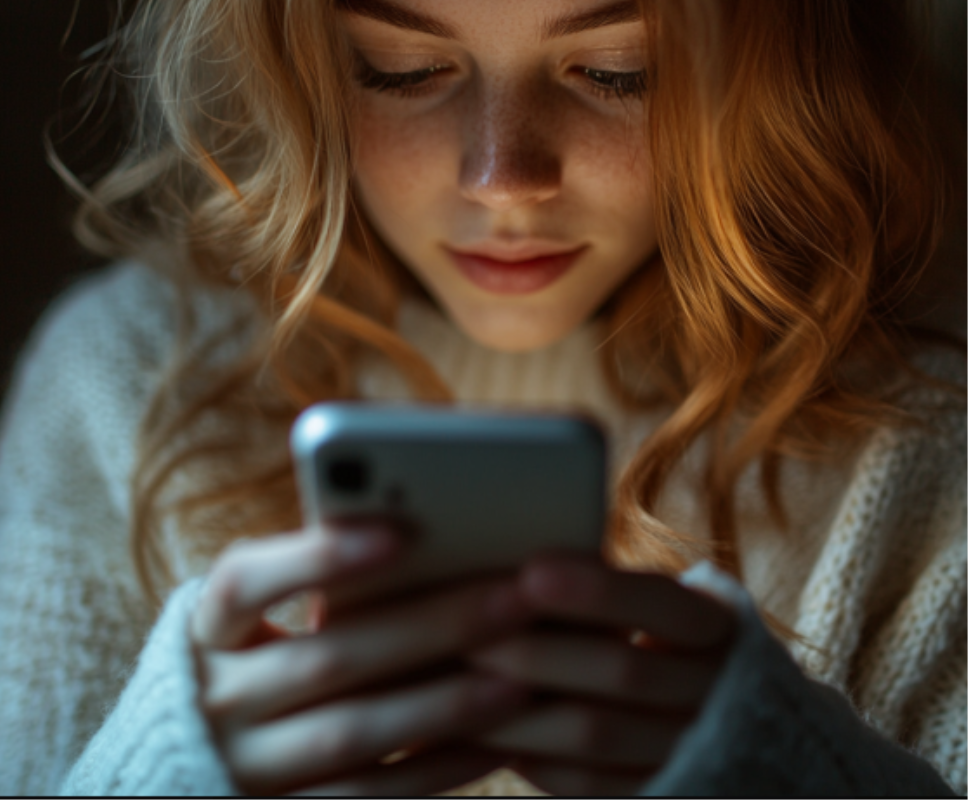
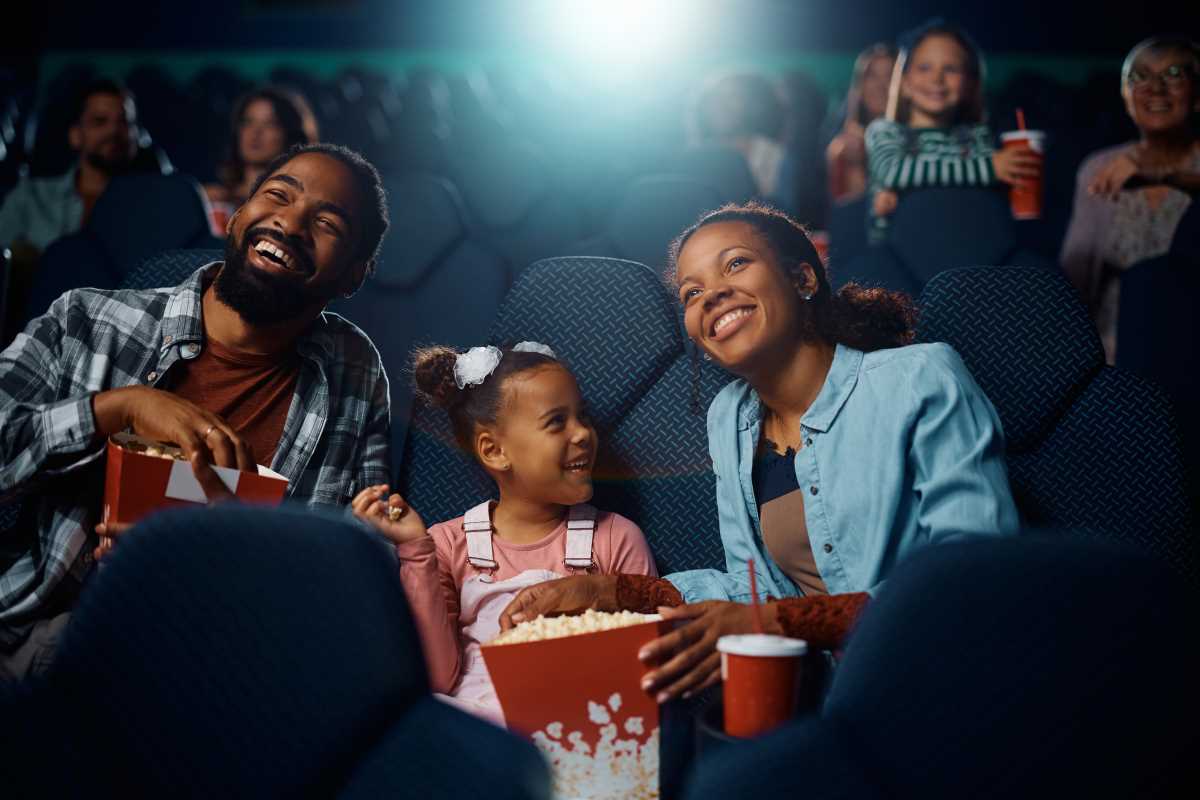
.jpeg)
.png)
.png)
